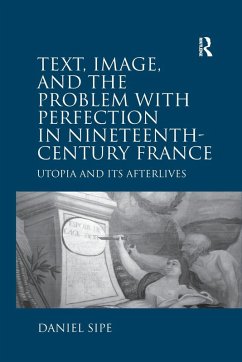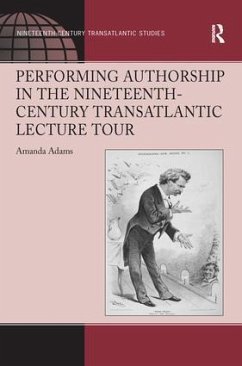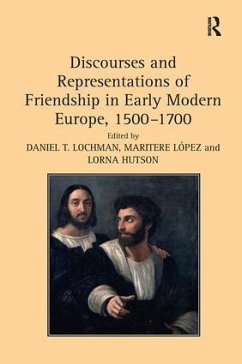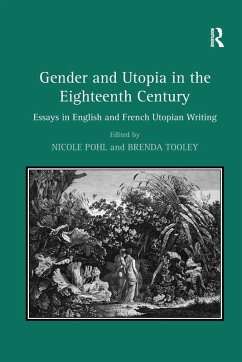
Critical Discourses of the Fantastic, 1712-1831
Versandkostenfrei!
Versandfertig in 1-2 Wochen
74,99 €
inkl. MwSt.
Weitere Ausgaben:

PAYBACK Punkte
37 °P sammeln!
Challenging the idea that fantastic literature emerged in the Romantic period, Sandner shows that fantastic tales were popular throughout the eighteenth century. Reading fiction and criticism by Joseph Addison, Samuel Johnson, Ann Radcliffe, Mary Shelley and Walter Scott, among others, Sandner argues that the fantastic functions as a discourse of the sublime imagination and thereby redefines the antecedents of the fantastic.














